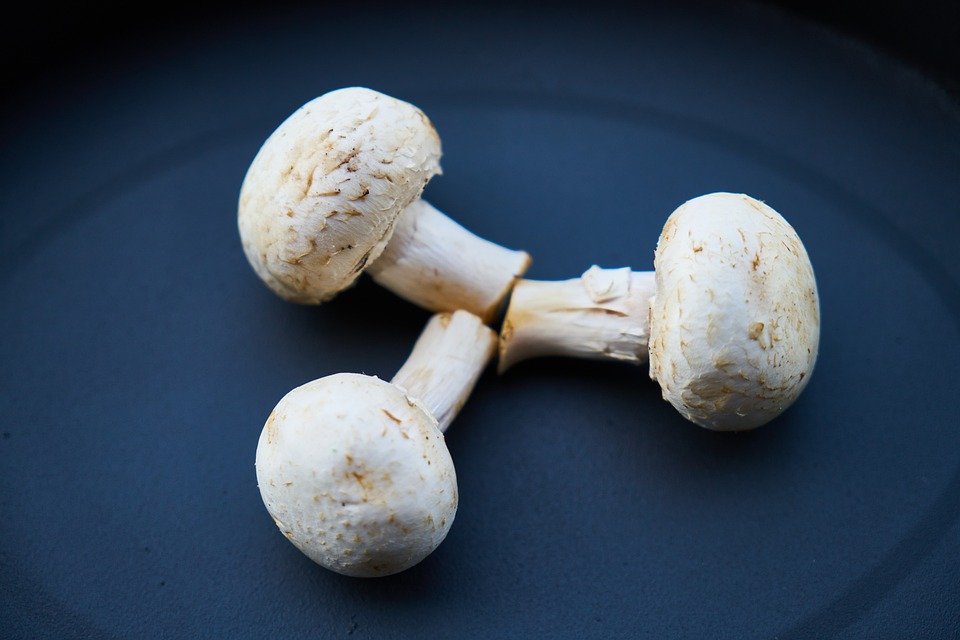The Connection Between Diet and Mental Health
In recent years, there has been growing recognition of the connection between diet and mental health. It is now widely accepted that what we eat not only affects our physical well-being but also has a significant impact on our mental and emotional states. This article will explore the relationship between diet and mental health, as well as provide answers to frequently asked questions on the topic.
The Link
The human brain requires a constant supply of essential nutrients to function optimally. These nutrients, such as vitamins, minerals, and omega-3 fatty acids, play crucial roles in the production and regulation of neurotransmitters, the chemical messengers in the brain. A deficiency in these nutrients can lead to imbalances in neurotransmitter levels, potentially contributing to mental health disorders.
Moreover, certain foods have been found to directly influence brain function and mood. For example, carbohydrates stimulate the production of serotonin, a neurotransmitter that promotes feelings of happiness and well-being. On the other hand, a diet high in refined sugars and unhealthy fats has been associated with an increased risk of depression and anxiety.
The Gut-Brain Axis
Another important aspect of the diet-mental health connection lies in the intricate relationship between the gut and the brain, known as the gut-brain axis. The gut, also known as the “second brain,” houses trillions of microbes that play a vital role in maintaining overall health, including mental well-being. The composition of these gut bacteria is influenced by our diet, and in turn, they can influence our mood, behavior, and cognitive function.
Emerging research suggests that an imbalance in gut bacteria, known as dysbiosis, may be linked to the development of mental health disorders, such as depression and anxiety. A diet rich in fiber, fruits, vegetables, and fermented foods promotes a diverse and healthy gut microbiome, which may positively impact mental health.
Common FAQs
Q: Can diet alone treat mental health disorders?
A: While diet plays a significant role in mental health, it is important to note that it is not a standalone treatment for mental health disorders. A holistic approach that includes therapy, medication (if necessary), exercise, and social support is often required. However, a healthy diet can complement these treatments and improve overall well-being.
Q: Are there specific diets recommended for mental health?
A: While there isn’t a one-size-fits-all diet for mental health, research suggests that certain eating patterns may be beneficial. The Mediterranean diet, which emphasizes fruits, vegetables, whole grains, lean proteins, and healthy fats, has been associated with a reduced risk of depression and cognitive decline. Additionally, the DASH (Dietary Approaches to Stop Hypertension) diet, which focuses on reducing sodium and increasing intake of fruits, vegetables, and low-fat dairy products, has shown some positive effects on mental health.
Q: Are there any foods that should be avoided for improved mental health?
A: While it is important to focus on including nutrient-dense foods, there are also certain foods that may have a negative impact on mental health. Processed foods, sugary snacks and drinks, excessive caffeine, and alcohol have been linked to increased risk of mental health disorders. These foods can lead to inflammation, disrupt neurotransmitter balance, and negatively impact gut health.
Q: Can dietary changes help with stress and anxiety?
A: Yes, adopting a healthy diet can help manage stress and anxiety. Foods rich in antioxidants, such as berries, leafy greens, and nuts, can protect the brain from oxidative stress caused by chronic anxiety. Additionally, incorporating stress-reducing foods like chamomile tea, dark chocolate, and foods rich in magnesium can support relaxation and mood stabilization.
In conclusion, the connection between diet and mental health is undeniable. A nutrient-rich diet, along with a diverse and balanced gut microbiome, can support optimal brain function and promote mental well-being. While diet alone cannot treat mental health disorders, it is an essential component of a holistic approach to overall wellness. By making conscious choices about what we eat, we can positively impact our mental health and improve our quality of life.


